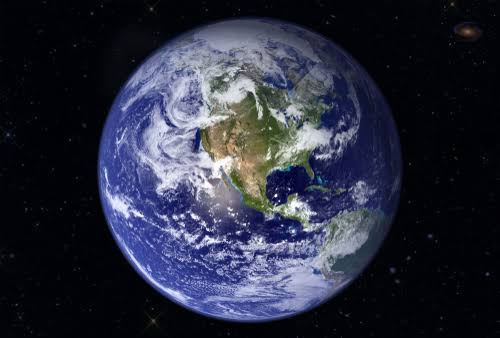In a significant development, scientists predict that Planet Earth will lose a second for the first time ever, signaling a notable change in our perception of time. This adjustment might seem minor, but it holds considerable implications.
The Earth’s rotation is believed to be accelerating, causing a deviation from the conventional 24-hour day cycle. As a result, experts anticipate the need to eliminate one second from our clocks to align with this shift. While this alteration isn’t imminent, it’s expected to happen in the near future.
Currently, we are accustomed to adjusting our clocks twice a year for daylight saving time. However, losing a second from our time is an unprecedented occurrence. It means that the final minute before midnight would have only 59 seconds instead of the usual 60, which is quite remarkable.
The importance of precise timekeeping cannot be overstated, as many aspects of our daily lives and global systems rely on it. Yet, due to the Earth’s variable rotation, periodic adjustments like adding or subtracting seconds may be necessary to maintain alignment with standardized timekeeping practices.
Duncan Agnew, a geophysicist at the Scripps Institution of Oceanography, emphasizes the significance of this event, describing it as unprecedented and noteworthy. While the change is not expected to cause catastrophic consequences, it underscores the unusual nature of our current time period.
Patrizia Tavella, from the Time Department at the International Bureau of Weights and Measures, highlights the uncertainty surrounding the potential challenges posed by this adjustment. As it has never occurred before, assessing the likelihood and potential risks of eliminating a second requires careful consideration by experts worldwide.
The concept of adding or subtracting seconds to maintain accurate timekeeping has evolved over time. In the past, time was synchronized with the Earth’s rotation, but since the 1950s, advancements in technology and the need for precision have led to adjustments in timekeeping methods.
In conclusion, while the prospect of losing a second may seem trivial, it reflects the dynamic nature of our planet and the ongoing efforts to ensure accurate timekeeping in an ever-changing world.


